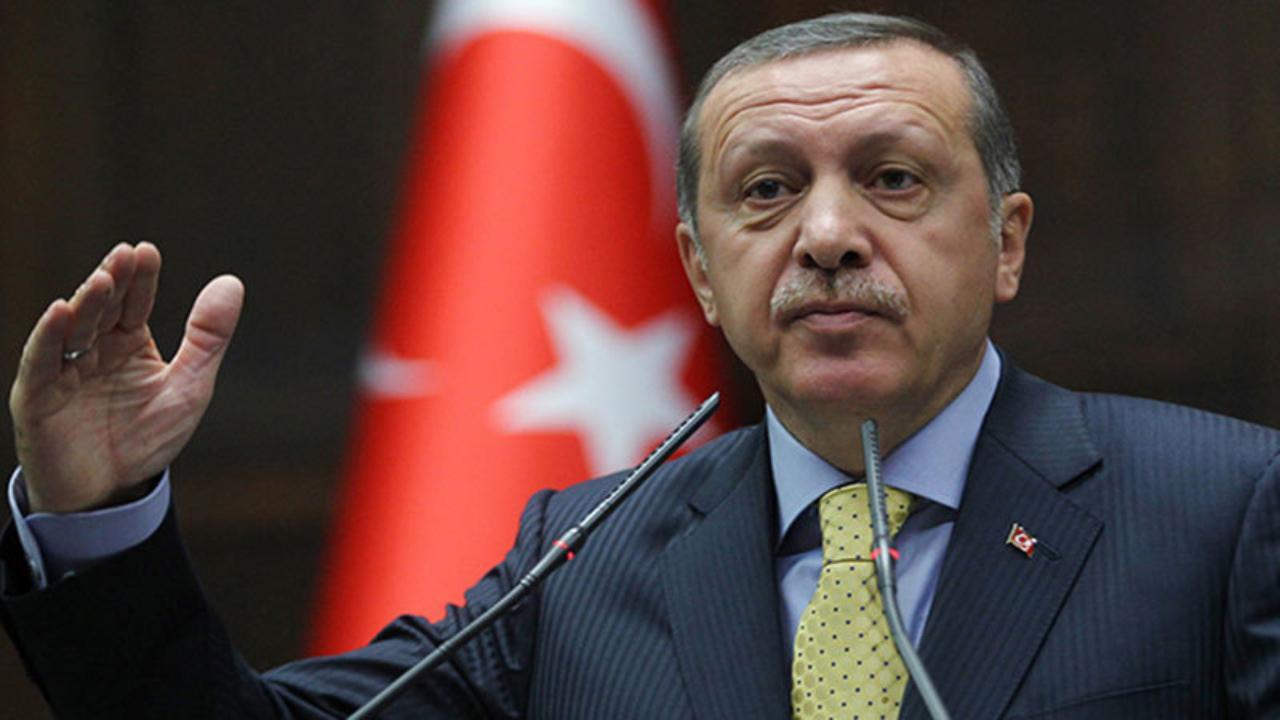"We will continue our struggle against terrorist organisations without discriminating against any of them,"

File Photo/AFP
Turkish forces have killed the leader of the Islamic State group during an operation in Syria, Turkish President Recep Tayyip Erdogan said late Sunday.
ADVERTISEMENT
Recep Tayyip Erdogan told TRT Turk television in an interview that the IS leader, code-named Abu Hussein al-Qurayshi, was killed in a strike conducted on Saturday.
Erdogan said the Turkish intelligence agency, MIT, had been following him "for a long time."
"We will continue our struggle against terrorist organisations without discriminating against any of them," Erdogan said in the interview.
There was no immediate confirmation from the IS group.
Turkey has conducted numerous operations against IS and Kurdish groups along the Syrian border, capturing or killing suspected militants. The country controls large swaths of territory in northern Syria following a series of land incursions to drive Kurdish groups away from the Turkish-Syrian border.
Abu Hussein al-Qurayshi was named leader of the militant group after its previous chief was killed in October, with an IS spokesman calling him "one of the veteran warriors and one of the loyal sons of the Islamic State."
He took over leadership of IS at a time when the extremist group has lost control of the territory it once held in Iraq and Syria. However, he had been trying to rise again, with sleeper cells carrying out deadly attacks in both countries.
Islamic State founder Abu Bakr al-Baghdadi was hunted down by U.S. forces in a raid in northwest Syria in October 2019. His successor, Abu Ibrahim al-Hashimi al-Qurayshi, was killed in a similar raid in February 2022. He was followed by Abu al-Hassan al-Hashimi al-Qurayshi, who according to the U.S. military was killed in mid-October in an operation by Syrian rebels in Syria's southern province of Daraa.
None of the al-Qurayshis are believed to be related. Al-Qurayshi is not their real name but comes from Quraish, the name of the tribe to which Islam's Prophet Muhammad belonged. IS claims its leaders hail from this tribe and "al-Qurayshi" serves as part of an IS leader's nom de guerre.
The Islamic State group broke away from al-Qaida about a decade ago and ended up controlling large parts of northern and eastern Syria as well as northern and western Iraq. In 2014, the extremists declared their so-called caliphate, attracting supporters from around the world.
In the following years, they claimed attacks throughout the world that killed and wounded hundreds of people before coming under attack from different sides. In March 2019, U.S.-backed Syrian fighters captured the last sliver of land the extremists once held in Syria's eastern province of Deir el-Zour that borders Iraq.
This story has been sourced from a third party syndicated feed, agencies. Mid-day accepts no responsibility or liability for its dependability, trustworthiness, reliability and data of the text. Mid-day management/mid-day.com reserves the sole right to alter, delete or remove (without notice) the content in its absolute discretion for any reason whatsoever.
 Subscribe today by clicking the link and stay updated with the latest news!" Click here!
Subscribe today by clicking the link and stay updated with the latest news!" Click here!







